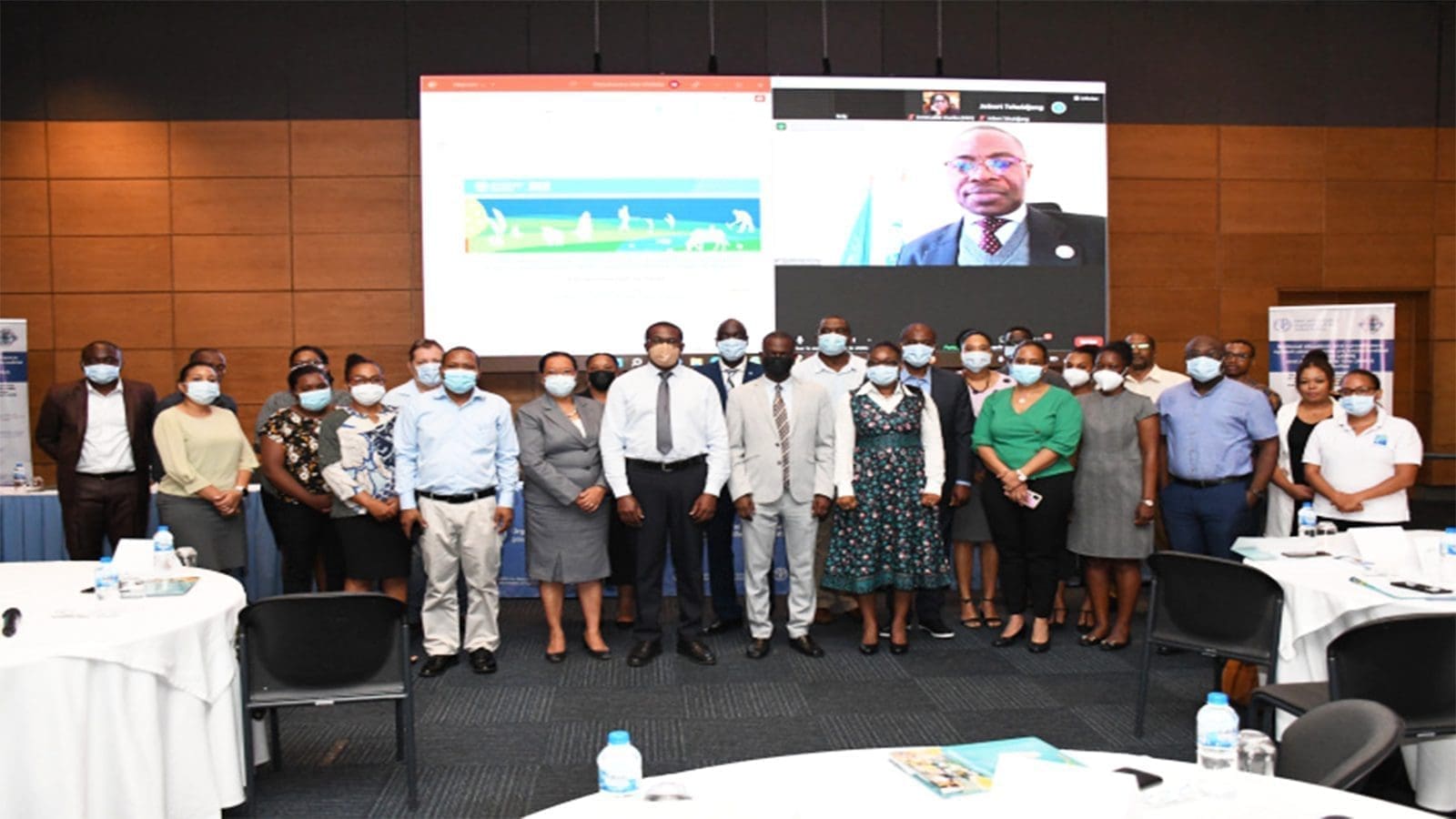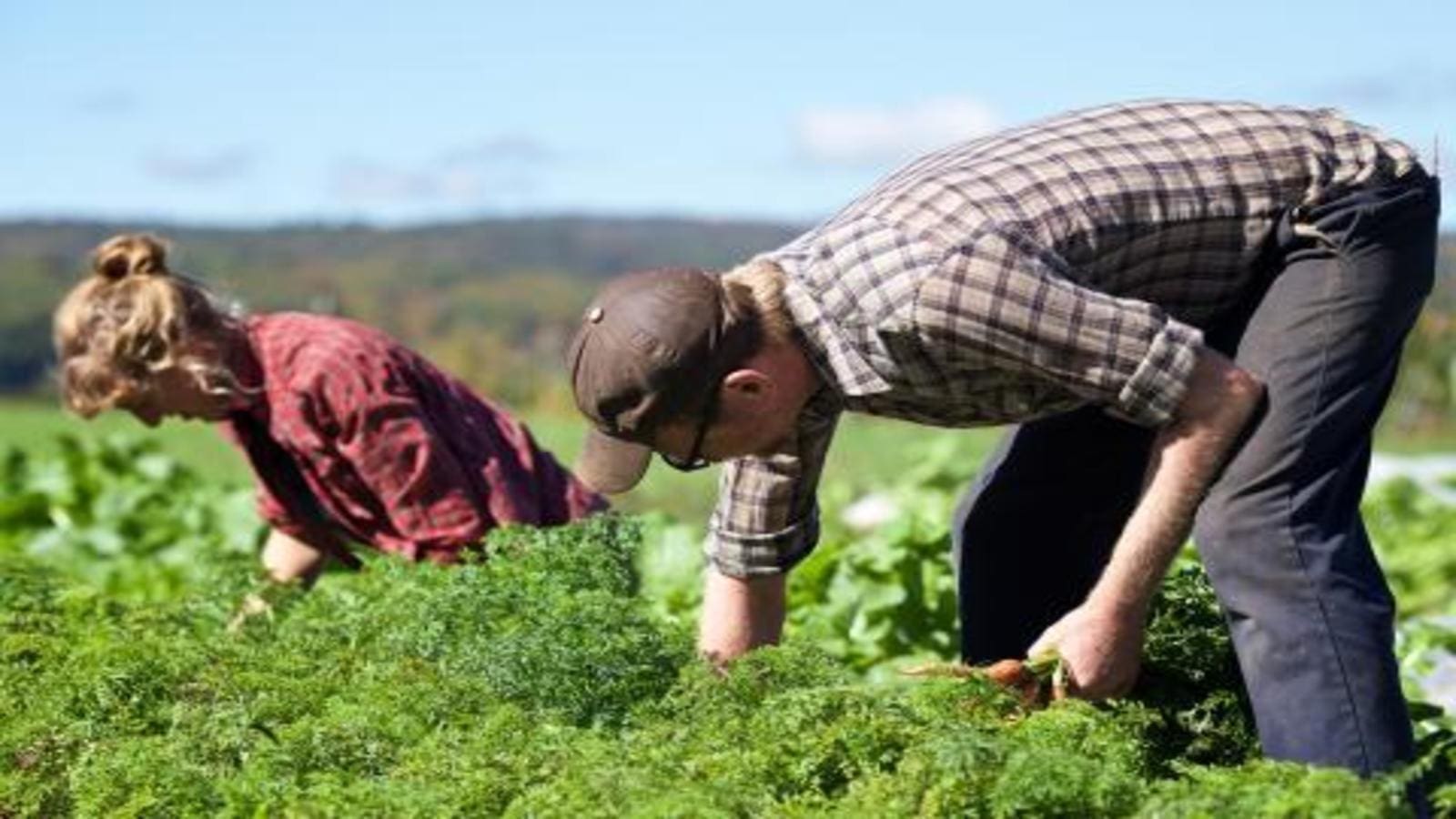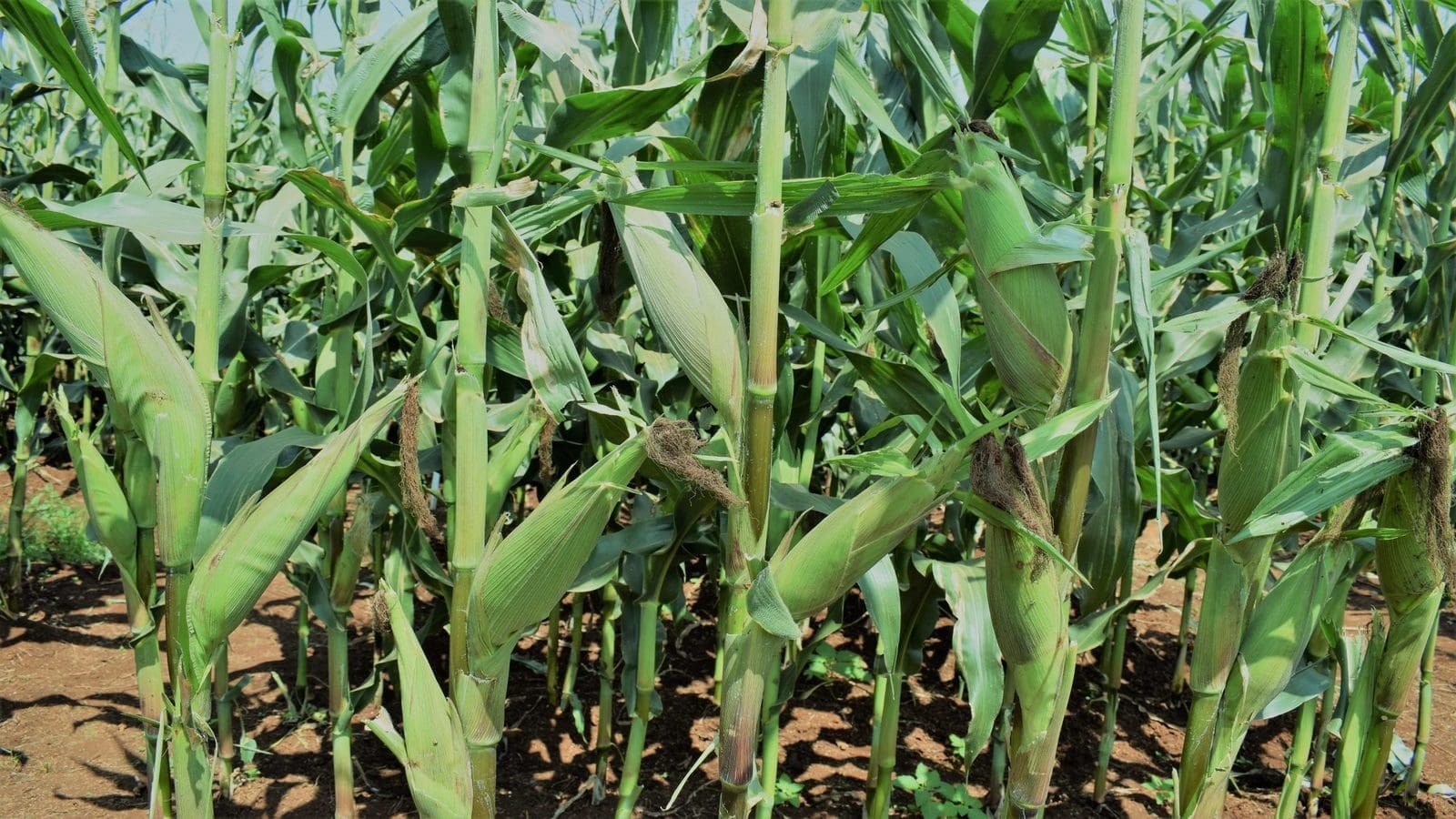SEYCHELLES – Seychelles authorities have teamed up with specialists from the Food and Agriculture Organization (FAO) to create an antimicrobial resistance (AMR) action plan for the island nation.
Officials analyzed the Seychelles’ existing action plan and evaluated its antimicrobial resistance surveillance at a five-day workshop hosted at the Eden Blue Hotel on the main island of Mahe.
Antimicrobials, which are used to treat illnesses in humans, animals, and plants, include antibiotics and antivirals.
However, if these medications are misused, other microorganisms may develop a resistance to them, endangering not only human health but also the safety and security of food.
“This workshop is one that is very important to us as we are focusing on our people’s capacity to deal with the issues as well as evaluating the national surveillance system we have in place,” the Minister for Agriculture, Flavien Joubert, said at the opening of the workshop.
Experts from the FAO are assisting medical personnel and officials of the regional department of agriculture to make sure that Seychelles’ response plan covers all bases.
“We know that this is a problem in the health system as well as one in livestock production, as we know there is a connection between animals in the wild and those on farms,” said Joubert.
The workshop made use of the Seychelles’ draft national action plan on antimicrobial resistance, which was created in 2017 and approved in 2018.
“The country is reviewing the draft with FAO, which is a good thing as there are new elements that have been included.
“This will ensure that we have an action plan that is more up to date with developments in the field. This will especially apply in the field of surveillance, control and resistance and at the same time we will learn how to report on the issue,” said Dr Jimmy Melanie, an independent Seychellois Veterinarian.
Melanie explained that “in the previous draft there were already things that were being implemented especially in the public health lab, now with the new one we will also include animal tests.”
Seychelles had created an action plan, but it had not yet begun the surveillance it will implement with the new action plan.
The workshop’s goal was to reiterate the national plan for monitoring the various environmental microorganisms and the measures taken to manage them.
The representatives will map and evaluate the laboratory capability to analyze and detect antimicrobials in the food and agricultural sectors using tools given by the FAO.
They will also assess how the data collected is analyzed, and look for methods to further enhance the system already in place.
Melanie said that the draft is not one that stands alone and that “it is under the One Health umbrella, once we have a One Health committee established we will go ahead with the programme.”
After the evaluation is over, Seychelles will have an action plan it can utilize to work toward the global objective of health and prosperity using sustainable methods over the next three to five years.
For all the latest food safety news from Africa and the World, subscribe to our NEWSLETTER, follow us on Twitter and LinkedIn, like us on Facebook and subscribe to our YouTube channel.








